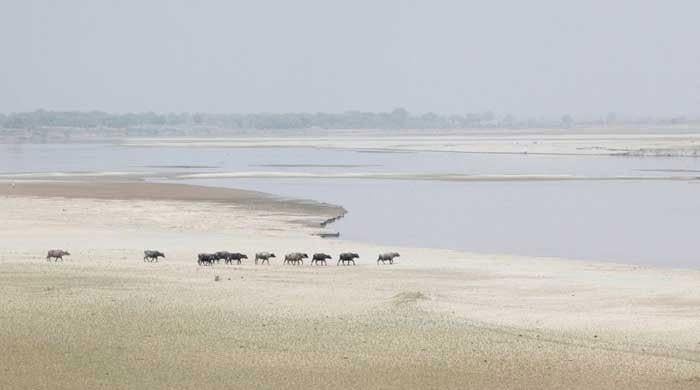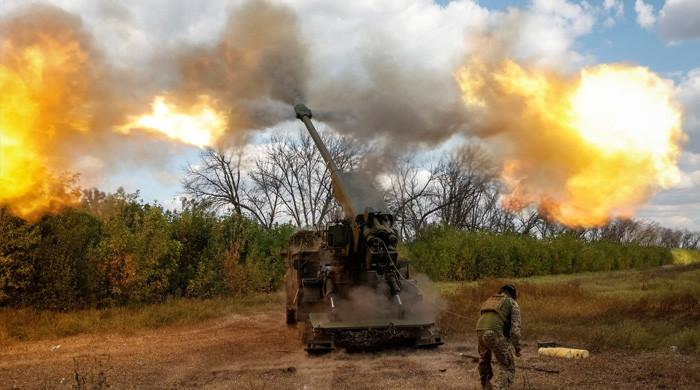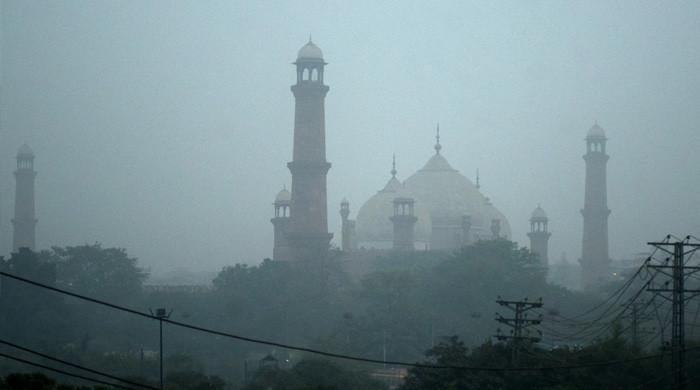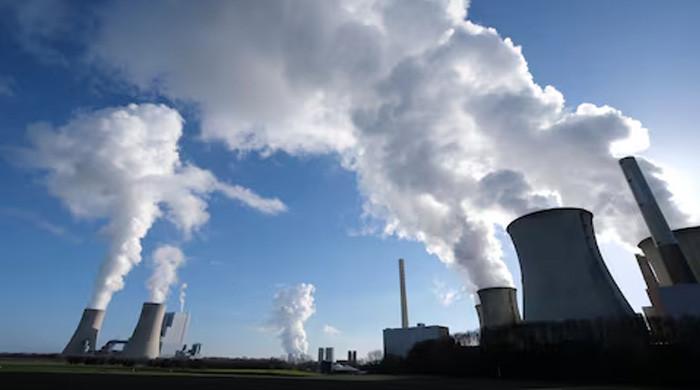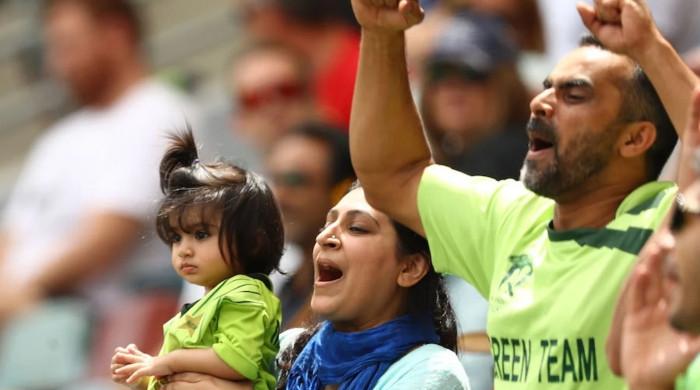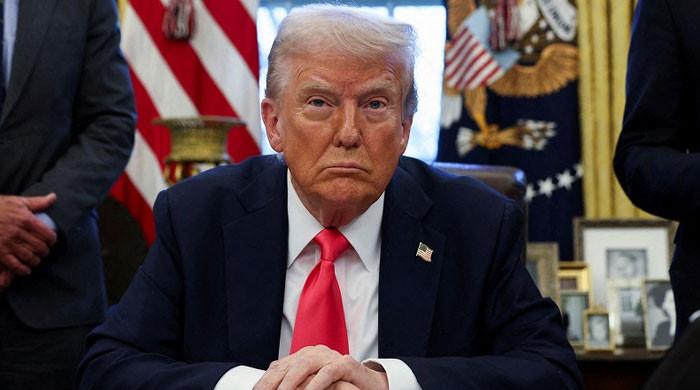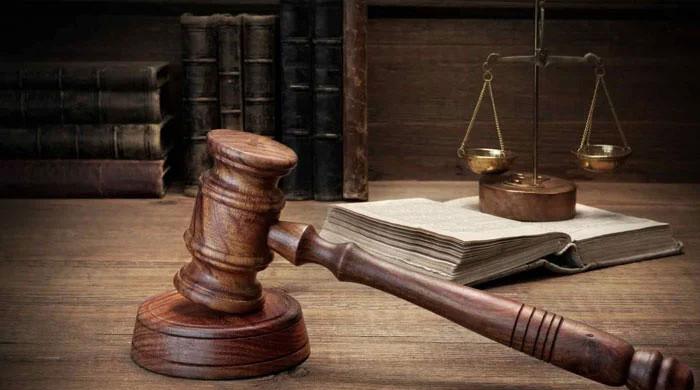We need to change the manner in which we look at news
News should focus on situation of people and should be dominated by events that affect largest number of people
December 01, 2022

For days, we have been following the headlines concerning the appointment of the new COAS and the joint chiefs of staff committee head, and the drama that has accompanied this. We have also been following other headlines concerning the PTI’s march to which seems never to end, as well as the varied activities of the Sharif family in Europe and other places.
But as we follow these events, we forget, as does the media, that there is ‘real’ news in the country. Events such as the ‘Haq Do Tehreek’ led by Maulana Hadayatur Rahman in Gwadar have gone basically uncovered as the movement enters its second stage. The movement which was first heard of earlier this year, although Maulana Hadayat has been active for a much longer period of time in the Gwadar area, seeks an end to trawling essentially by foreign trawlers in the Gwadar area, the return of missing people across Balochistan, freer border trade, an improvement in the lives of the people, action against narcotics and other welfare activities, which should help impoverished people of the country.
The difference in this protest is that women and children form a part of these protests, which at the present moment have gathered on highways leading up to Gwadar. The main problem is that these voices are not heard by our leaders, just as other voices from Balochistan, Khyber Pakhtunkhwa and other parts of the country go ignored and neglected.
This is real news. It is news which should headlines rather than the statements of politicians and the claims made by either side of the parties on the severe political divide that cuts the country into two parts. These claims and counterclaims do not really matter. Nor do they have any real relevance to the lives of the country’s people. For them, the much greater concern is the rate of inflation, especially when it concerns items such as vegetables, lentils, and the very basics of life, as well as gas loadshedding. People are currently facing issues such as the failure to pay out salaries and pensions in many businesses, or the laying off of employees which leaves more and more people living below the poverty line in conditions that are so miserable that it is extremely hard to understand or care about the events that unfold in our country.
Real news is also the question of the stateless people who live within our state and have very few rights because they cannot get their CNICs made. These people include tens of thousands of Afghans, who are still in the country, with even third generation Afghans often not given CNICs on the basis that they are not Pakistanis. While birthright laws exist in the country for the grant of citizenship, they are often ignored by officials and gaining citizenship through an ID card is no easy task.
It is just as hard or perhaps even harder for the people of Bengali and Burmese descent based mainly in Karachi, in places such as the Machhar Colony, who for years have failed to gain a right as equal citizens of the state. The lack of papers given to them means their children cannot be registered in schools and they cannot find employment. Of course, there have been very few in the country who know these people or the kinds of lives they lead.
The question that arises is: what is real news and what is it that the media presents as real news? This is in some ways, an easy question to answer. News should focus on the situation of people and should be dominated by events that affect the largest number of people. When this doesn’t happen, we have a kind of falsified situation in which talk shows concentrate on simply pitting one group against the other or one individual against another based on their views and opinions, having invited them well-knowing that an argument will ensue and the programme in question will gain viewership as well as the much sought-after ratings which determine how popular a show is or how it is ranked by the television channel which presents it. Very few in the media present news, except for some ventures on social media that attempt to give a broader picture of what is happening in the country, and to portray reality as it truly exists.
The reality in the recent past has also been that of flood-hit people and the lack of help they have received. Provincial governments and the federal government have been extremely remiss in providing these people the kind of aid and assistance they require. There has also been too little coverage of the disaster that the floods created for the country, given that in the future, we may have a situation where there is simply not enough food grown to feed the entire population or to provide enough for families who grow the food themselves. And of course, at the present moment we still have families living in freezing weather in tents in districts across Sindh, Balochistan and southern Punjab with very little attention given to their plight. As such their situation goes unnoticed, and people barely recognize that a massive flood has occurred in the country and that so many people are living in a constant state of peril.
We need to change the manner in which we look at news and at the lives of people. To do so, a change needs to be made in the mechanism of collecting news and all that surrounds it. There must be some focus on stories which are not essentially of a political nature, but which affect the politics of the country, in the sense that they further reduce the quality of life for so many people. Certainly, at the present moment this is not happening. There are too many people who are left ignorant of the real events, which take place, even if social media helps fill the vacuum for those who have access to it and for those who follow the news sites which present these news items, as important pieces of information.
This situation has been the same for many years. We do not know when it will change or how. But all of us need to act towards bringing about some degree of change so that the true concerns of people can be reflected in our news and the movements that come out of remote places reflected so that we better understand what the issues surrounding the Gwadar fishermen are and how other impoverished communities are working to try and make their voices heard – in some cases, at least, involving women in their movements.
The writer is a freelance columnist and former newspaper editor.
Email: [email protected]




